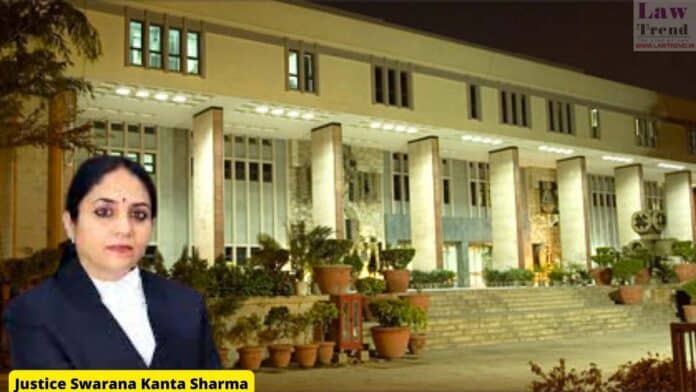The High Court of Delhi on September 3, 2025, quashed a First Information Report (FIR) registered under Section 376 of the Indian Penal Code (IPC) for alleged rape on the false pretext of marriage. Justice Swarana Kanta Sharma, presiding over the case, concluded that the relationship between the parties was consensual and that the allegation
To Read More Please Subscribe to VIP Membership for Unlimited Access to All the Articles, Download Available Copies of Judgments/Order, Acess to Central/State Bare Acts, Advertisement Free Content, Access to More than 4000 Legal Drafts( Readymade Editable Formats of Suits, Petitions, Writs, Legal Notices, Divorce Petitions, 138 Notices, Bail Applications etc.) in Hindi and English.




